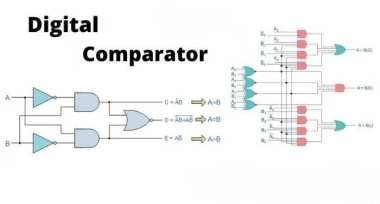With the advancement of technology, logic ICs (Integrated Circuits) in the electronic components industry are playing an increasingly vital role. Among them, digital comparators, as an essential component of logic ICs, play a crucial role in digital system design and control fields. This article will introduce the functions, characteristics, advantages, and applications of digital comparators.
I. What are Digital Comparators in Logic ICs?
Digital comparators are a type of logic circuit used to compare two digital inputs and determine their relative size or equality. Typically, they consist of multiple comparator circuits, each capable of comparing two input signals and outputting a corresponding logic state indicating which input signal is larger or if they are equal.